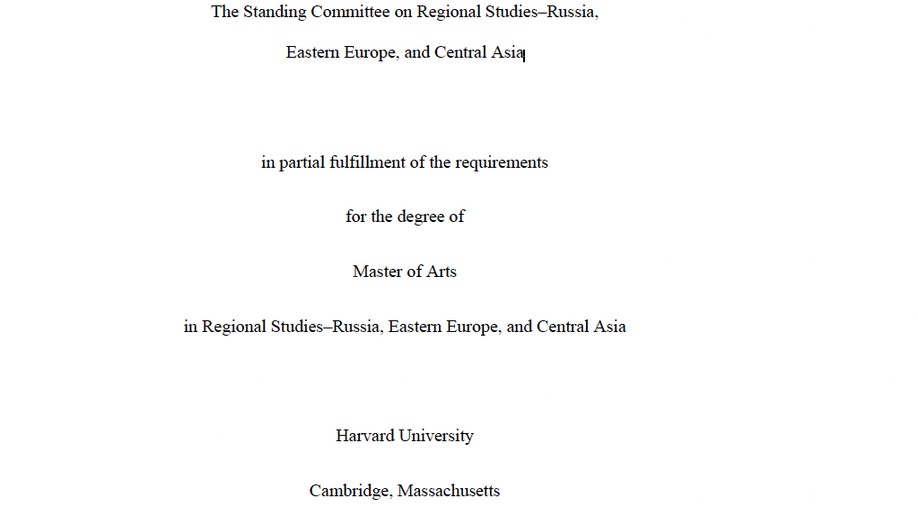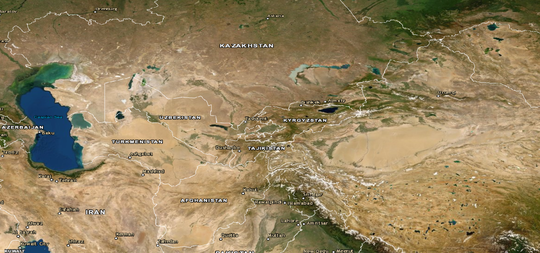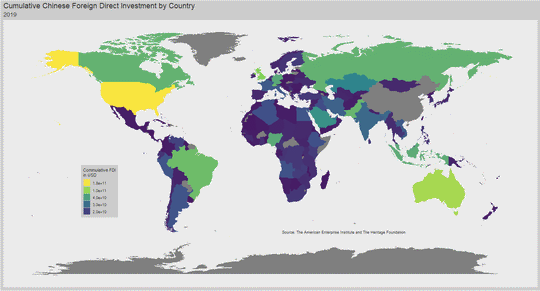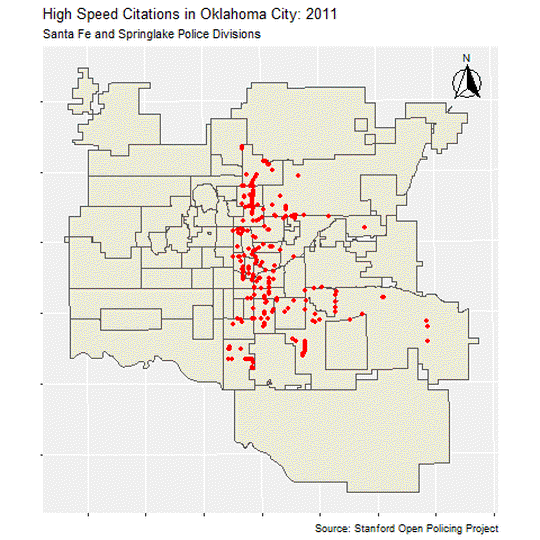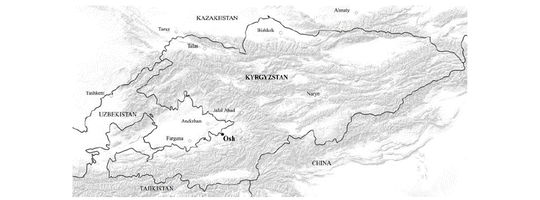Biography
Cian Stryker is a skilled professional with a passion for leveraging data to address complex challenges at the intersection of foreign policy and technology. Currently working as a Data Scientist at Premise Data Corporation, Cian utilizes Python, SQL, and R to analyze and provide actionable insights to public sector clients. With a Master’s degree in Russian, Eastern European, and Central Asian studies from Harvard, his qualitative social science foundation complements his current quantitative focus. With professional proficiency in Russian and Persian (Farsi), Cian’s diverse skill set and language capabilities make him a valuable asset in navigating complex global landscapes.
Interests
- Data Science
- Foreign Policy
- Central Asia
- Russia
- Iran
- Statistical Modeling
- Digital Surveillance
Education
-
MA in Russian, Eastern European, and Central Asian Studies, 2021
Harvard University
-
BPhil in Political Science and Russian, Eastern European Studies, 2019
University of Pittsburgh
